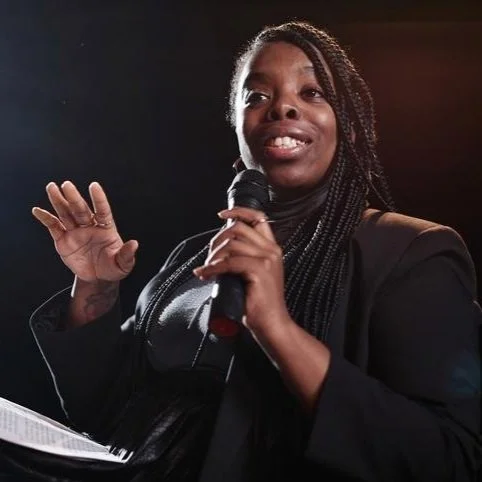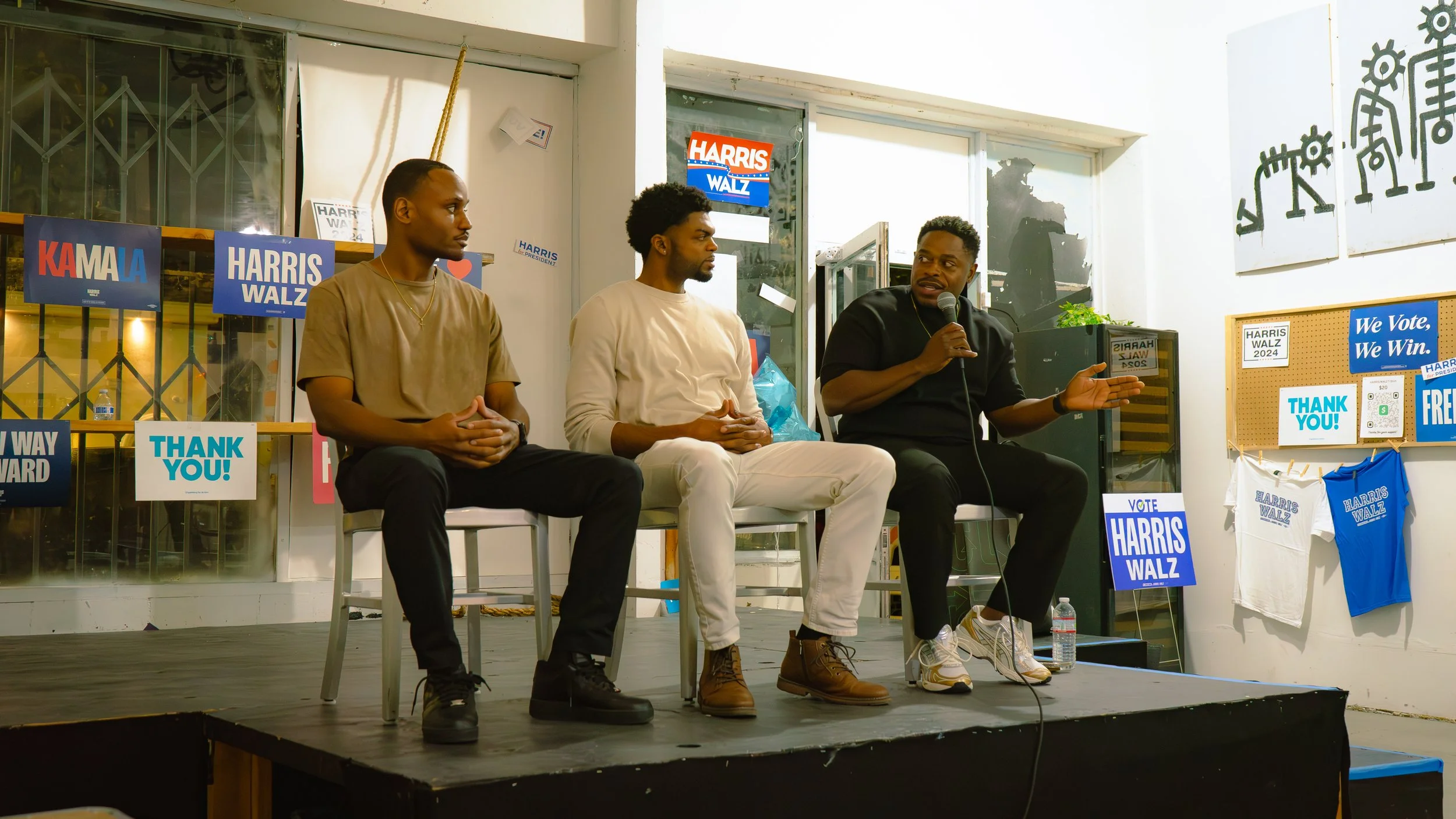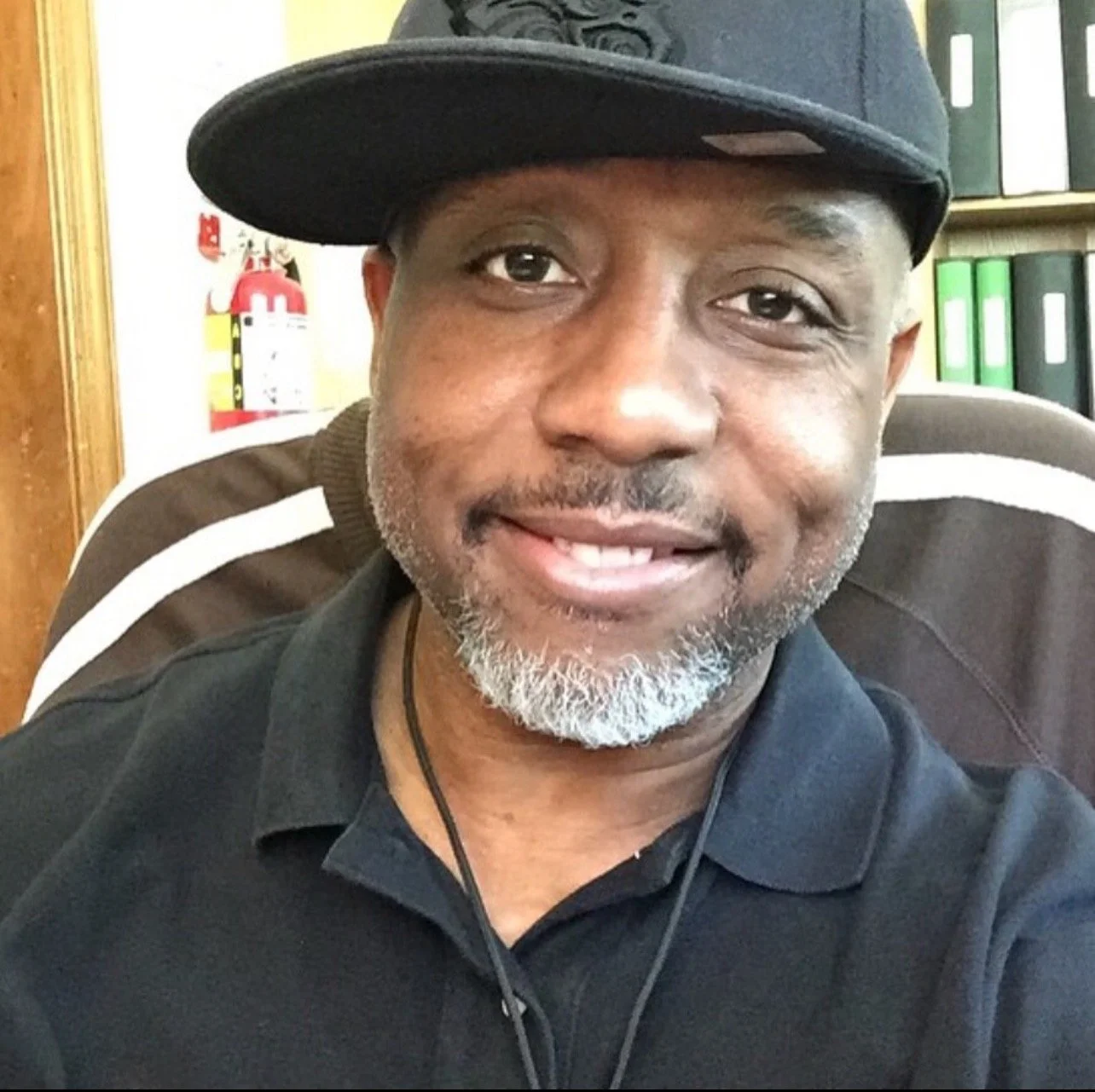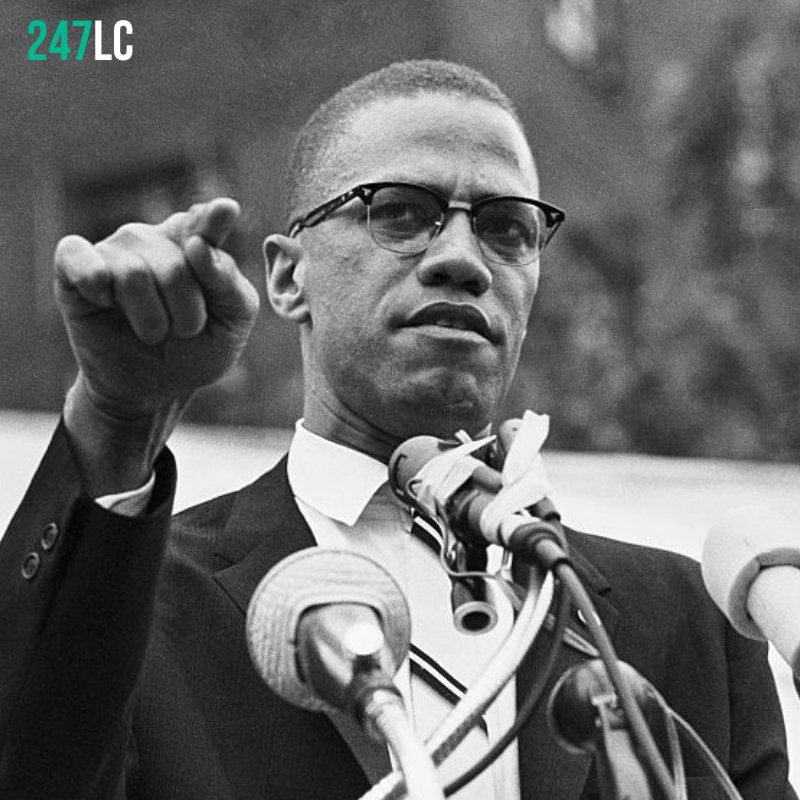Malcolm X's Daughter Sues CIA, NYPD, FBI Over Concealing Evidence
Qubilah Shabazz, one of Malcolm X's daughters has filed a lawsuit against the CIA, NYPD, and FBI for allegedly withholding information related to her father's assassination. We discuss it here!
By: Adonis Armstrong
In 1965, civil rights leader Malcolm X was assassinated while giving a speech in New York City. The murder of the prominent activist and orator shocked the world and sparked a new era of activism and protest. However, despite decades of investigation the full story of Malcolm X's assassination has never been fully uncovered. Now one of his daughters is taking legal action to try and uncover the full truth. Every year we celebrate Black History in the month of February. It became a Federal institution in 1976 when President Gerald Ford made a declaration and became law signed by Congress in 1986.
Qubilah Shabazz, one of Malcolm X's six daughter is suing the CIA, the FBI, and NYPD for allegedly withholding information related to her father's assassination. The lawsuit which was filed in February 2021, claims that the agencies have failed to release records related to the assassination, despite repeated requests from Shabazz and other members of the family.
The lawsuit alleges that the agencies are in violation of the Freedom of Information Act (FOIA), which requires government agencies to release records upon request. According to the complaint the agencies have failed to release documents that could shed light on the circumstances surrounding Malcolm X's death, and including potential links to the government or law enforcement agencies.
Shabazz's lawsuit comes at a time of renewed interest in Malcolm X's life and legacy. A new documentary, Who Killed Malcolm X?, which aired on Netflix in 2020 has sparked fresh debate and investigation into the events surrounding his assassination. The documentary raised new questions about the role of the NYPD and the FBI in the killing suggesting that the agencies may have been more involved than previously thought.
Malcolm X was a controversial figure during his lifetime known for his fiery speeches and his advocacy for Black rights and self-determination. He was a leader in the Nation of Islam, a Black nationalist group, before splitting from the organization and founding his own group, the Organization of Afro-American Unity. He was assassinated on February 21, 1965, while giving a speech at the Audubon Ballroom in Manhattan.
The circumstances of Malcolm X's death have long been the subject of speculation and controversy. Three members of the Nation of Islam were convicted of his murder, but questions have persisted about whether they acted alone or were part of a larger conspiracy. The new lawsuit filed by Shabazz is just the latest attempt to uncover the truth about what happened that day.
The lawsuit seeks to force the CIA, the FBI, and the NYPD to release any records related to Malcolm X's assassination that have not already been made public. It also seeks to hold the agencies accountable for their alleged failure to comply with FOIA requests. The hope is that by forcing the agencies to release more information, the truth about what happened to Malcolm X can finally be uncovered.
The lawsuit is just one part of a larger effort to uncover the truth about Malcolm X's assassination. The renewed interest in his life and legacy sparked by the documentary and other events has led to renewed investigation and inquiry. For Shabazz and other members of the family, the hope is that the lawsuit will be a step towards closure and justice for their father.
YOU MAY ALSO BE INTERESTED IN:
SHARE TO SOCIAL MEDIA
That's the Black Fact: The History and Significance of Black History Month
Learn about the history and significance of Black History Month, including the role of Dr. Carter G. Woodson and the evolution of the celebration from a week to a month.
“Welcome to ‘That’s the Black Fact’. In this space you’ll find profiles on the culture and the people who built it!”
By: Ervin Green
Learn about the history and significance of Black History Month, including the role of Dr. Carter G. Woodson and the evolution of the celebration from a week to a month.
Black History Month (1976)
Every year we celebrate Black History in the month of February. It became a Federal institution in 1976 when President Gerald Ford made a declaration and became law signed by Congress in 1986.
But it’s true beginning was due to Harvard-educated historian and author, Dr. Carter G. Woodson, who is credited with creating Black History Month. He was inspired after attending a 50th anniversary celebration of the 13th Amendment where various exhibits portrayed events in African American culture. With a mission to amplify Black people’s contributions and achievements, Woodson went on to create what is now known as the Association for the Study of Afro-American Life and History (ASALH).
In 1926, Woodson and ASALH declared the second week of February—which aligned with Abraham Lincoln’s and Frederick Douglass’ birthdays—to be “Negro History Week.”
During the next 50 years, communities, schools and organizations started participating in the week-long recognition of African American trials and successes. As public interest grew, particularly during the 1960s civil rights movement, the celebration expanded from a week to a month.
Take time to research more about the celebration and the people that made this an official memorial.
YOU MAY ALSO BE INTERESTED IN:
SHARE TO SOCIAL MEDIA
Celebrating Black Culture: Black History Needs A Longer Month
Black history is so vast and so rich, but they’re barely scratching the surface on what they teach us in school. Black History Month is just a glimpse into our history and one month does not do it justice. We discuss it here!
By: Kwana Adams
There’s something about Black History Month that makes me feel so close to my fellow black people. There’s also something about Black History Month that makes me feel ripped off. First off, they gave us the shortest month of the year. Second of all, why are we celebrating black history when we’re not learning black history?
This is something that has been bothering me since I became a college student and broadened my horizons. I learned so much, on my own, that I’ve wondered, why haven’t we been taught this? For instance, when I read the story of Medgar Evars, the anger that flowed through my body was real. Why did my teachers not teach me about him? In front of his family, this man was murdered in his driveway, and they didn’t think we needed to learn about him? He was a veteran who fought for a country whose citizens shot him dead in front of his home. He was also a prominent civil rights activist who died fighting for the cause. So many other black people did, too, but we hardly get to hear about them. I want to know why.
When I was in school before college, black history month was just slavery, Harriet Tubman and Martin Luther King Jr. Am I supposed to be grateful for this? Where is the rest? Why are you keeping our history from us? I know all about European history because it’s part of the curriculum, but why was black history taught separately?
Black history is so vast and so rich, but they’re barely scratching the surface on what they teach us in school. Every day I learn something new about black history, and I can’t help but wonder why it wasn’t significant enough to add to the curriculum.
The world likes to pretend that slavery, civil rights, and segregation happened hundreds of years ago, but they didn’t. My grandmother marched with Dr. King. There were areas in the city she and her black friends weren’t allowed to step foot. Recently, I did an audio documentary project that touched on this subject. My goal was to interview all people of all generations and races and question them about the black history education they received in school. I never got around to interviewing too many people because the stories my grandparents told were just too great. The whole project ended up being about them, what they learned about black history in school, and what they experienced growing up during the 60s and 70s. My grandparents lived some of what they’re teaching us now, and they are still well and alive.
I’m from the state of Rhode Island, which resides up north on the east coast. People, especially Rhode Islanders, love to pretend that the north isn’t as racist as the south. My grandparents would beg to differ. The racism here isn’t as blatant as it is in the south. In Providence, the city I’m from, there is a small area called Federal Hill, also known sometimes as ‘Little Italy.’ Federal Hill is a long street filled with all types of Italian restaurants. Nowadays, it’s an excellent spot for couples to go on dates or for friends to sit and enjoy a meal.
Back in the 70s, when my grandparents were growing up, they were chased out of this area and called the N-word, with the hard ER. When they told me this story, I was disgusted and appalled. I go through Federal Hill freely all the time. I never stopped to think that it wasn’t always like that for everyone. It also really makes me think, “if my grandparents are still alive, then most likely the people who chased them off are alive as well.” This is why teaching black history is so important. The people who caused the most hurt are alive and walking among us without a care in this world. The people who chased my grandparents off and hurled slurs at them live happily while my grandparents and family live with the pain of how they were treated. The least you can do is give us our history.













Meet Adonis Armstrong, Co-Founder & President of 247 Live Culture!
Email: Adonis@247LiveCulture.com